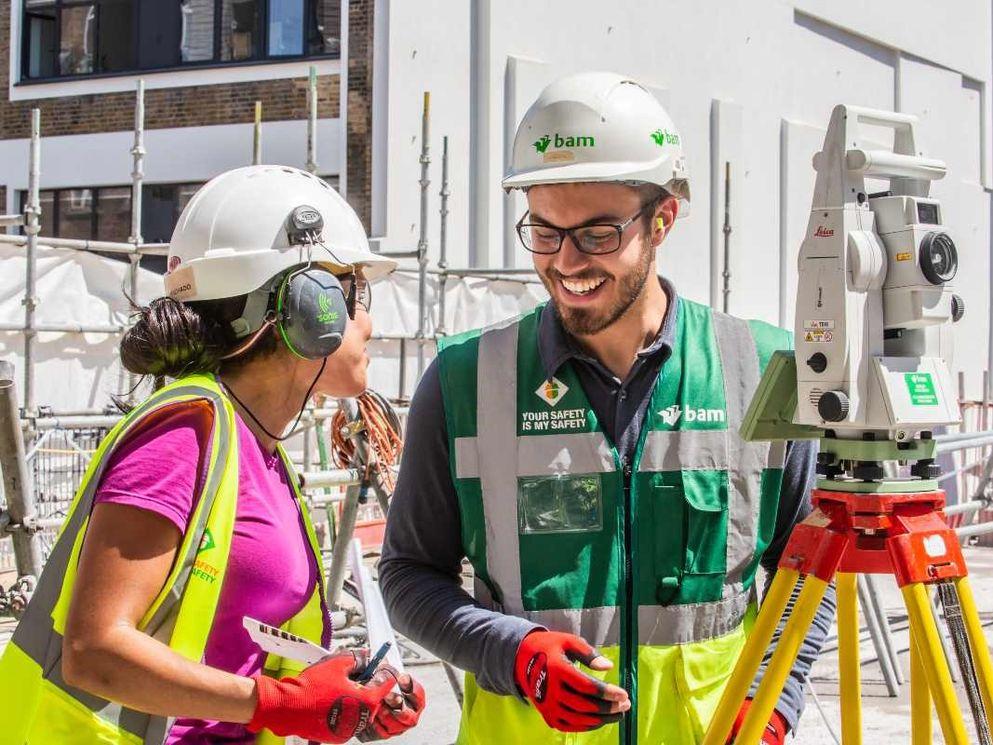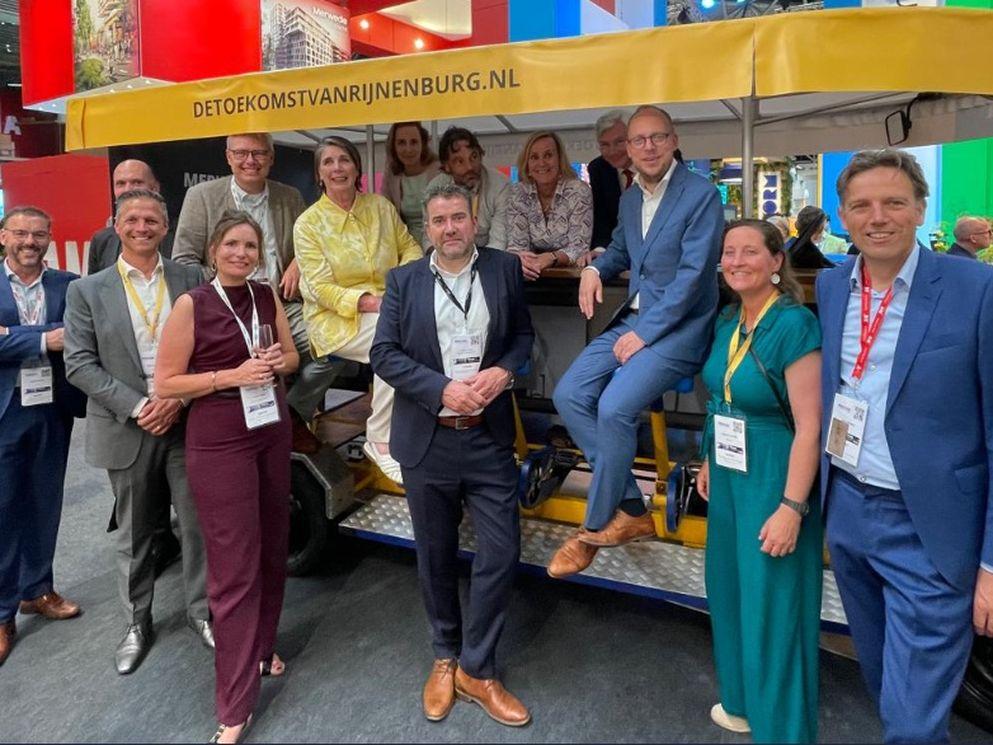Flexible working policy will soon benefit the whole construction industry says BAM

Hemel Hempstead, 29 March 2021 - BAM Construct UK was part of a pioneering trial undertaken by four major construction companies to improve access to flexible working for site-based teams in 2019, conducted with independent consultancy Timewise. Although the trials were overtaken by the pandemic, which meant the construction industry adopting new measures to maintain safety, BAM says its new approach will have benefits for both its own people and the rest of the industry long after the pandemic subsides.
There has been a shift in mindset across our business. We believe that every role can have some flexibility, but not every role can have the same flexibility.
Andrea Singh, Executive and HR Director for BAM Construct UK, said: ‘Our default position now is that flexibility is possible and desirable, and to prioritise a devolved, team-based decision-making culture to empower it so that it continues to support our business objectives. We now ask: ‘How can we make flexibility work?’, not: ‘Can we make it work?’. We’ve provided a framework for our teams without lots of rules and hurdles. Managers can find flexible working approaches that work for their team, their clients and their job.’
BAM says the new flexible working policy will not only provide a better work-life balance for its people but could also open-up construction as a career to hundreds of thousands of people from more varied backgrounds than has traditionally been the case.
Ruth Hutchinson, a site administrator for several BAM schemes in Wales, became one of the first people in the company to notice the difference. Said Ruth: ‘I am a carer for both of my parents who have mental health and physical health needs. My father has severe Alzheimer’s and is also paralyzed down the right side after a back operation and my mother had a stroke and has since developed dementia. I have to give them a lot of home help. I was going home exhausted every night. When this new policy took effect, after discussions with my team and line managers, I am now able to work three days a week from home where I have become far more productive in my role. What changed for me was the willingness of my team and managers to re-examine my role, to look again at the support I can provide for the business, and the extent to which my time is genuinely required on site. I could demonstrate I was more productive because of the greater flexibility. Not only has it improved my work, it has also given my parents much needed extra support and it meant my own mental health and stress levels have improved dramatically.’
At a major university scheme in Leeds, three senior BAM managers, whose lives were traditionally based wholly on-site, evolved a weekly planning approach. This created a blend of office and home working for them all with digital tools and iPads making emails, diary management and made viewing documents and drawings easy no matter where they were based. It allowed one of them to car-share with a partner, helping home life.
Andrea Singh said that each case is treated on its merits. ‘Working from home is only one aspect of flexible working. We must not see it as the only ‘new normal’, because that true flexibility means so much more than being at home for some people, as well as the fact that not everybody can work from home. Flexibility can include broader things like staggered start or finish times, the opportunity to work at a different location, split shifts, job share, and more.’
BAM’s policy comes with financial support to help its people with equipment needs.
The company says having comprehensive flexible working practices will attract a more diverse future workforce, retain and motivate people, produce better performance and mental health, and reduce business costs if less space is needed.
BAM has developed the new flexible working approach over 12 months, working jointly with independent flexible working specialists Timewise and industry body Build UK.
Among the measures BAM is promoting for all its people are:
- Remote working
- Rota working
- Staggered start and end times
- Flexible lunch or break times
- Job sharing
- Part time work
- Phased retirements
- Remote learning and meetings
- Shared team calendars
- Defined times for teams being in the same place for collaboration
- A mix of formal and informal measures depending on whether these have implications for the terms and conditions of a job.



